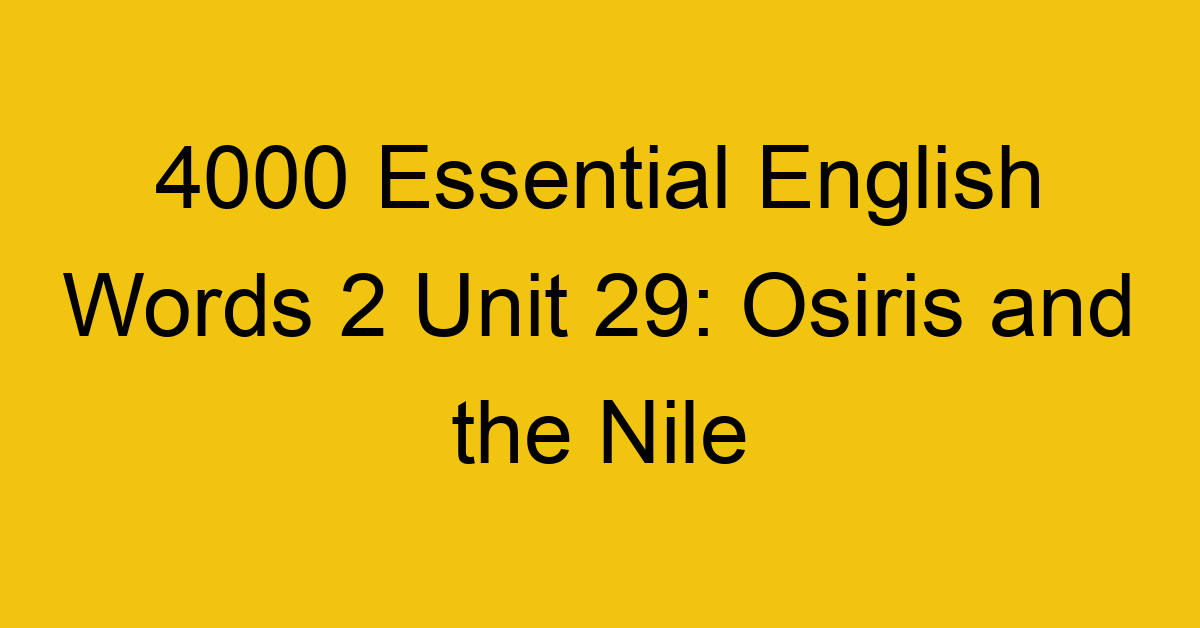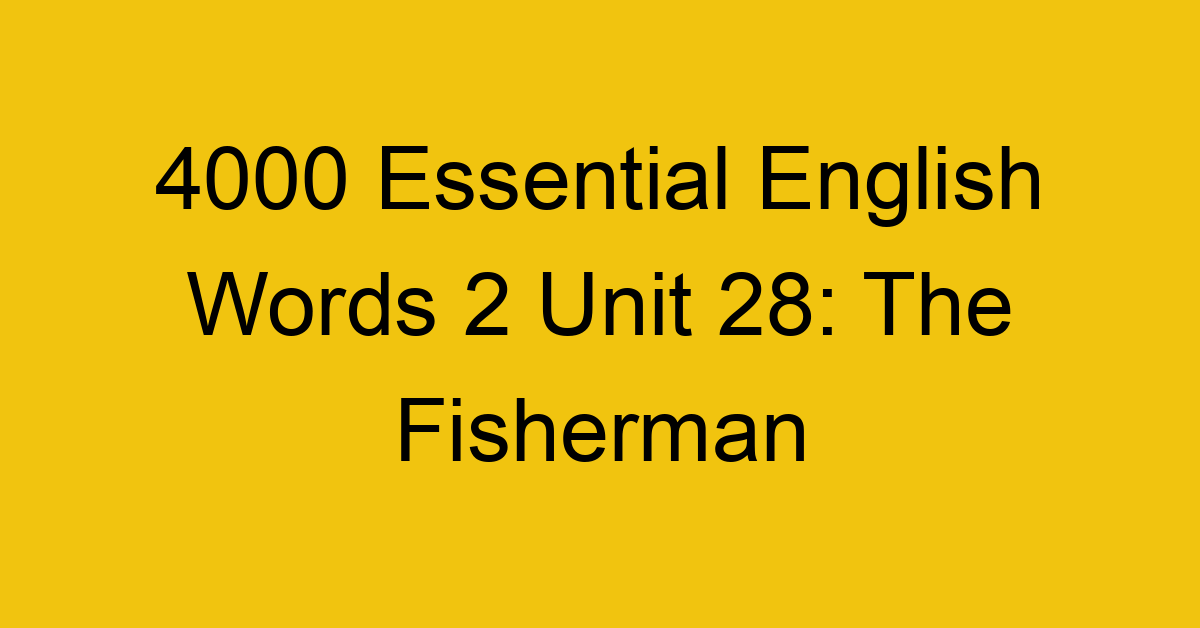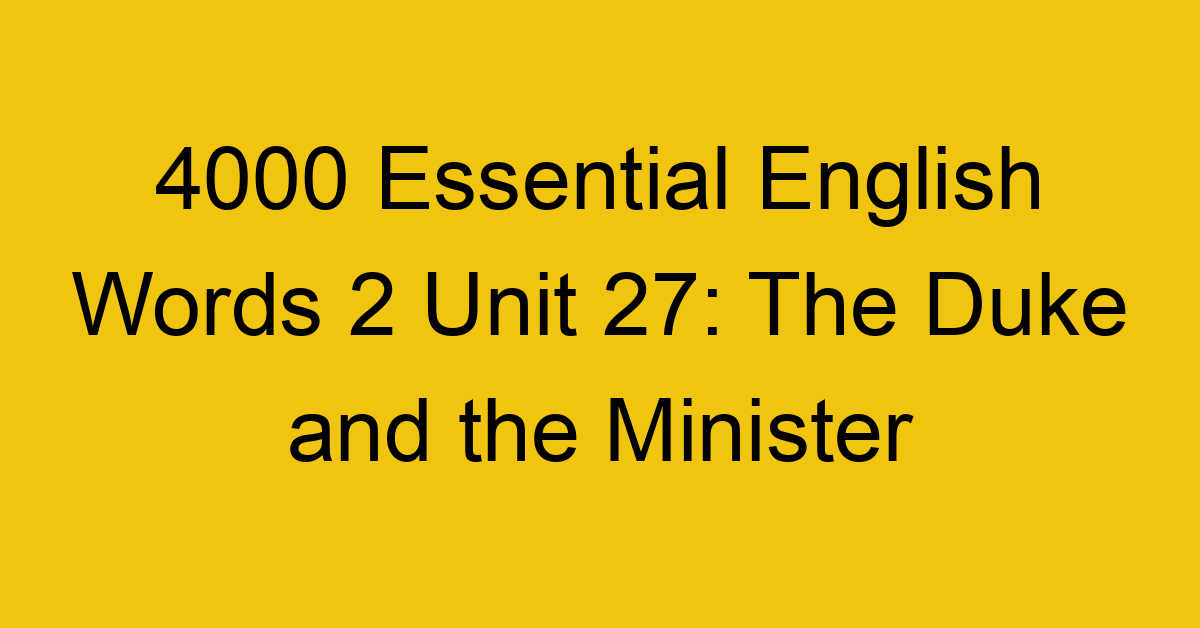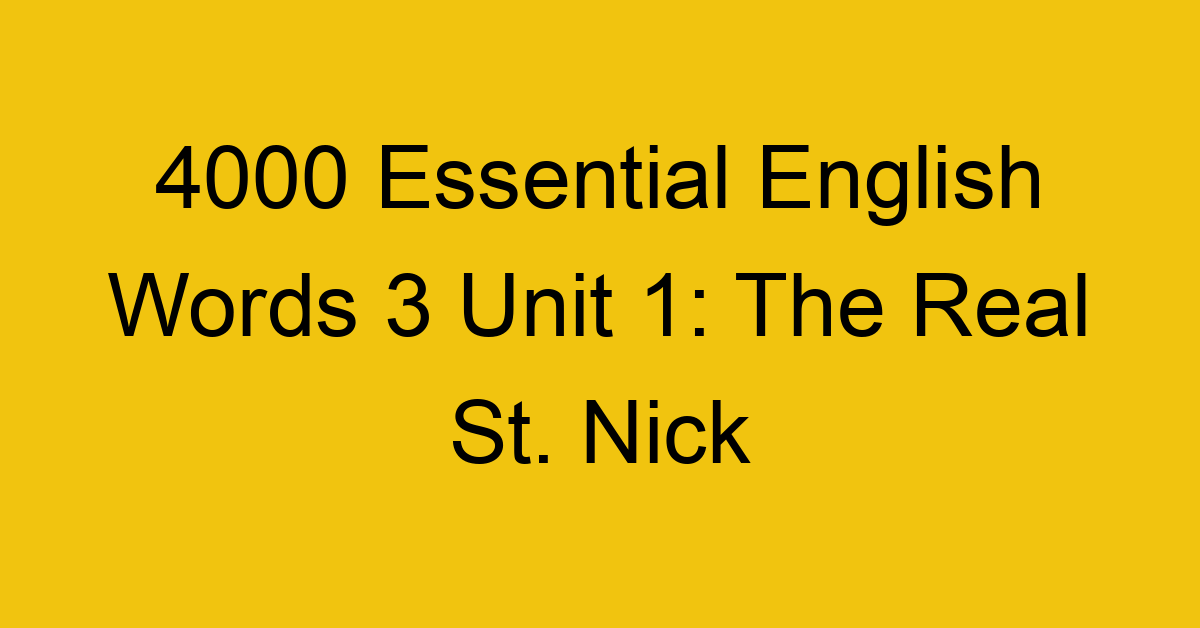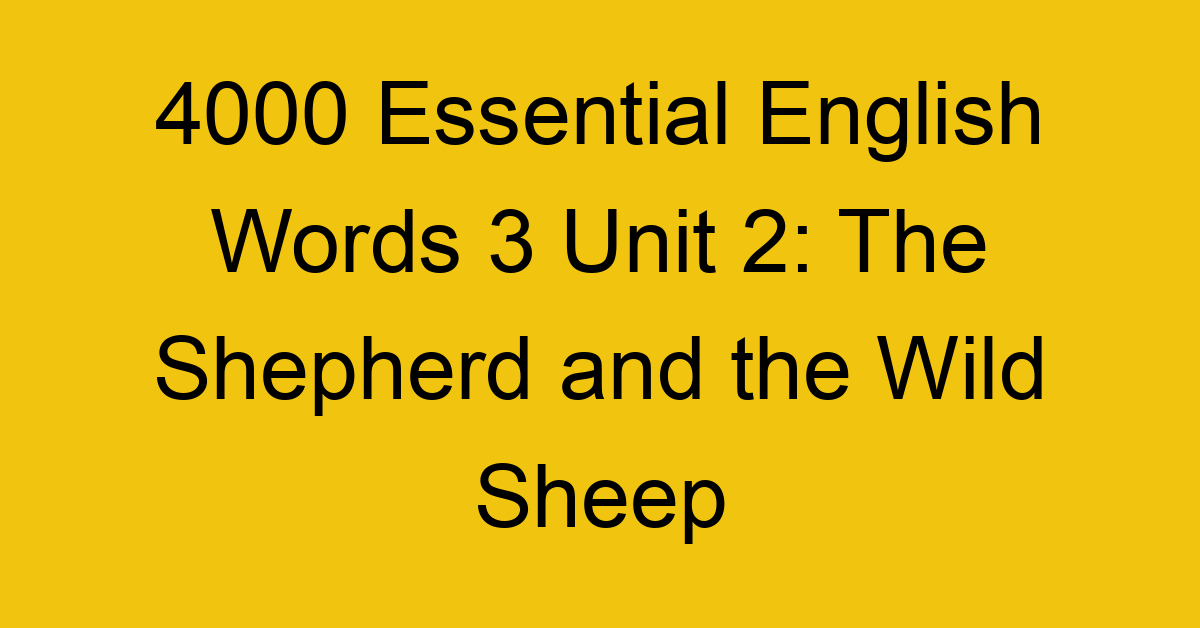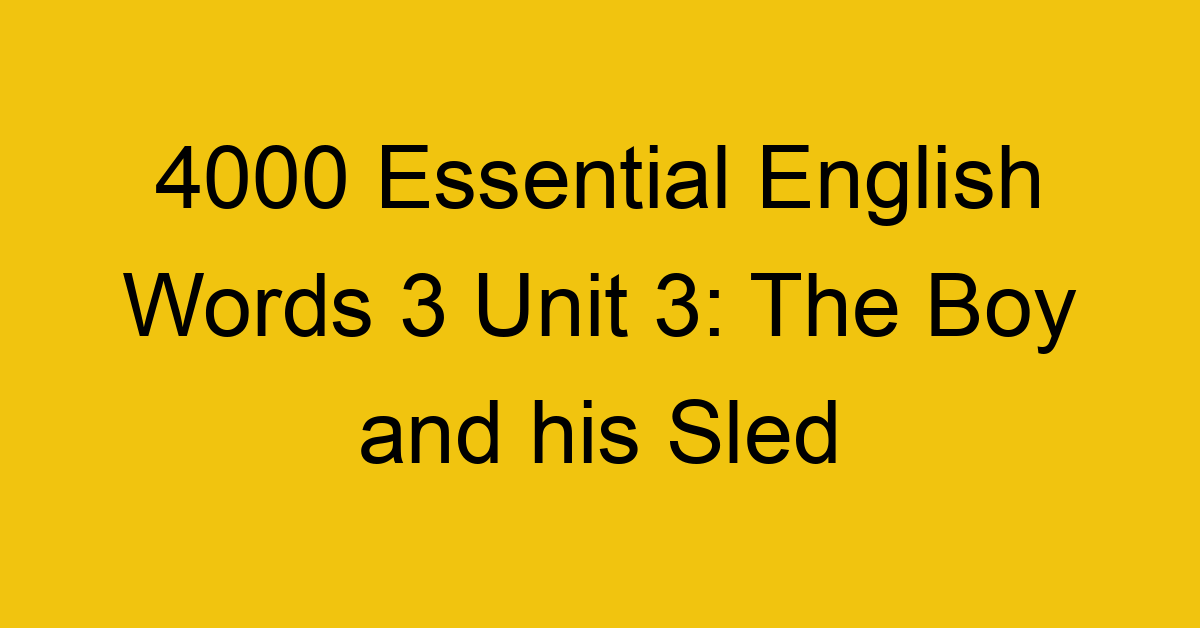4000 Essential English Words 2 Unit 30: The Taxi Driver
Congratulations - you have completed 4000 Essential English Words 2 Unit 30: The Taxi Driver.
You scored %%SCORE%% out of %%TOTAL%%.
Your performance has been rated as %%RATING%%
Your answers are highlighted below.
Word List
- appeal [əˈpiːl] v.
To appeal to someone is to be interesting or attractive to them.
→ Sleeping all day appeals to me, but I have to go to school. - assume [əˈsjuːm] v.
To assume something is to think that it is true, even with no proof.
→ I assume you are both familiar with this plan. - borrow [ˈbɔ(:)roʊ] v.
To borrow something is to take it and then give it back later.
→ Can I borrow a pencil to use today? I’ll give it back to you tomorrow. - client [ˈklaɪənt] n.
A client is a person or business that pays another to do a service.
→ She has many clients who enjoy coming to her salon. - downtown [ˈdaʊnˈtaʊn] n.
The downtown is the center of most cities.
→ The downtown is filled with many tall buildings. - dull [dʌl] adj.
If something is dull, it is not exciting.
→ The movie was very dull. I fell asleep watching it. - embarrass [ɪmˈbærəs] v.
To embarrass someone is to make them feel ashamed or foolish.
→ He was embarrassed when he couldn’t remember her name. - fare [fɛər] n.
A fare is an amount of money paid to use a bus, train, or taxi.
→ Since he is a senior, my grandfather pays a low fare for the bus. - former [ˈfɔːrmər] adj.
Former describes something that used to be but is not anymore.
→ The hotel, a former castle, was built over 200 years ago. - formula [ˈfɔːrmjələ] n.
A formula is a set mathematical way or method of solving a problem.
→ I learned a new formula that may help us with our problem. - found [faund] v.
To found a company or organization means to start it.
→ The pilgrims founded one of the first colonies in the United States. - invest [ɪnˈvest] v.
To invest means to use money in a way that will bring a profit later.
→ I invested money in a new building that should bring me a profit. - loan [loun] n.
A loan is the act of lending something, usually money.
→ I got a loan from the bank. - practical [ˈpræktɪkəl] adj.
If something is practical, it is useful in normal life.
→ Learning English is practical; you can use it in many places. - quarter [ˈkwɔːrtər] n.
A quarter is 25 cents.
→ He paid a quarter for the candy. - salary [ˈsælərɪ] n.
A salary is how much money a person makes at his or her job.
→ He got a new job with a better salary. - scholarship [ˈskɒlə:rʃɪp] n.
A scholarship is money given to one so they can go to school.
→ I got a scholarship to help me pay for university. - temporary [ˈtempərərɪ] adj.
If something is temporary, it exists for a short time.
→ This car is only temporary; I’ll get a new one soon. - treasure [ˈtreʒə:r] n.
A treasure is a collection of valuable things, especially jewels or gold.
→ They became very rich when they found the buried treasure. - urge [əːrdʒ] v.
To urge someone is to try very hard to get them to do something.
→ He urged them to believe his story.

